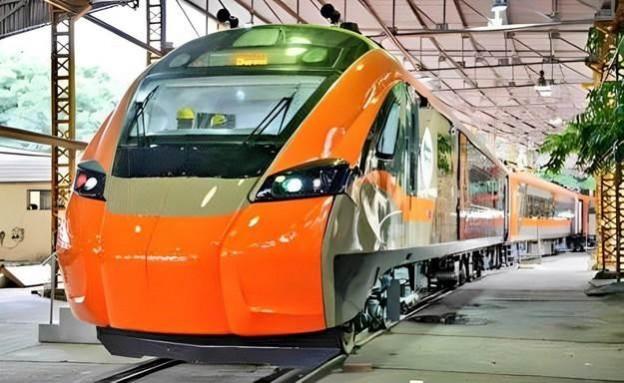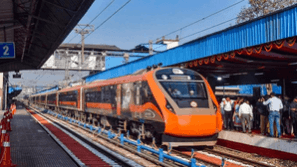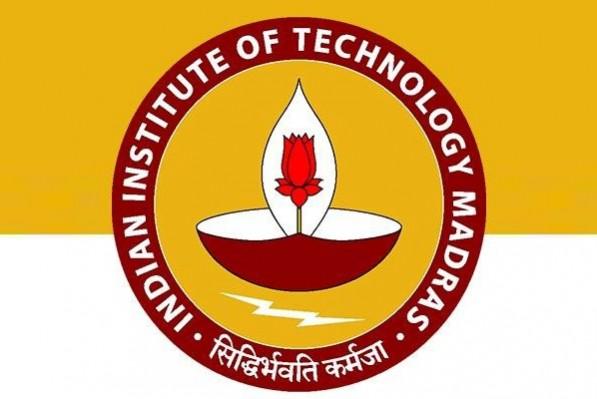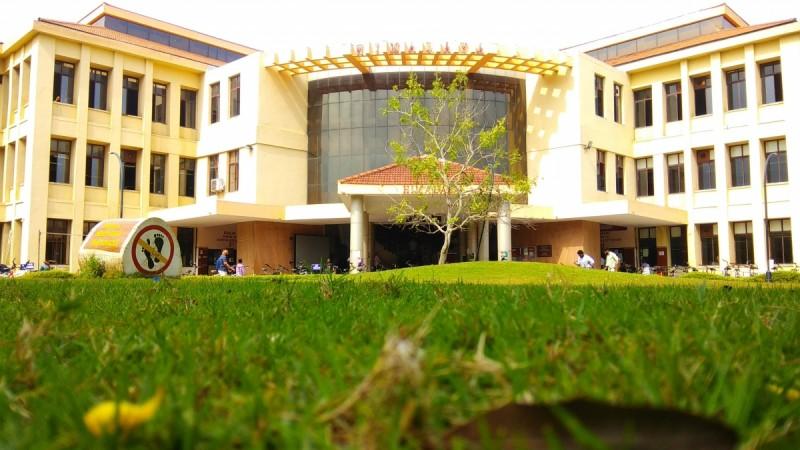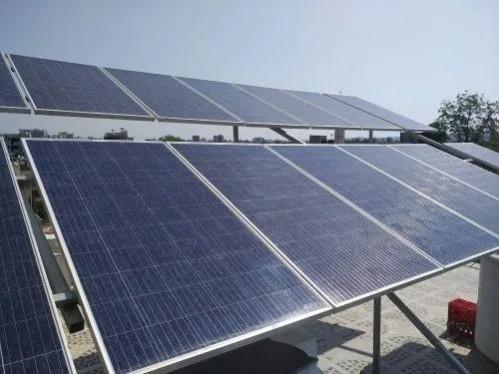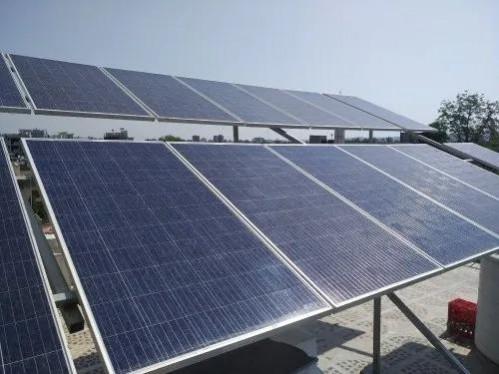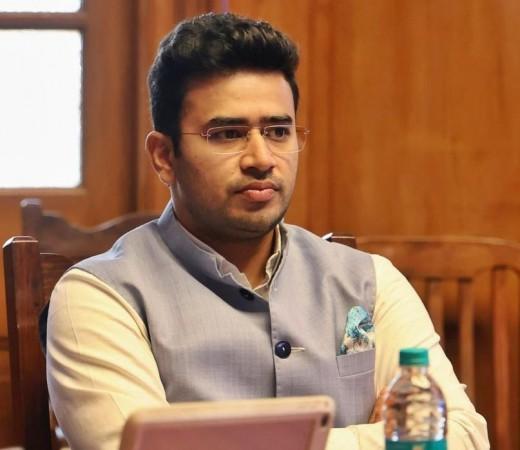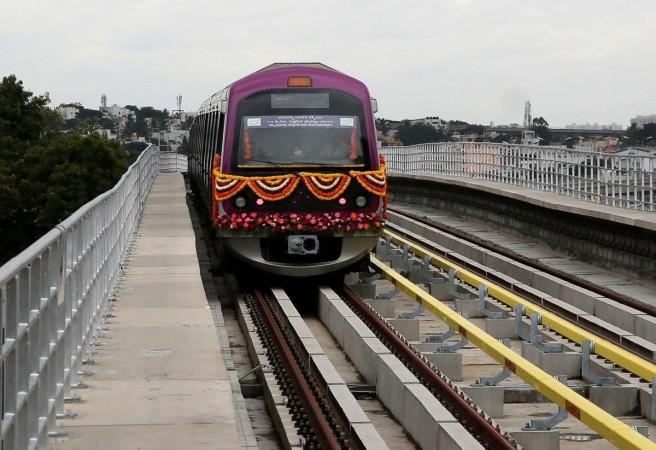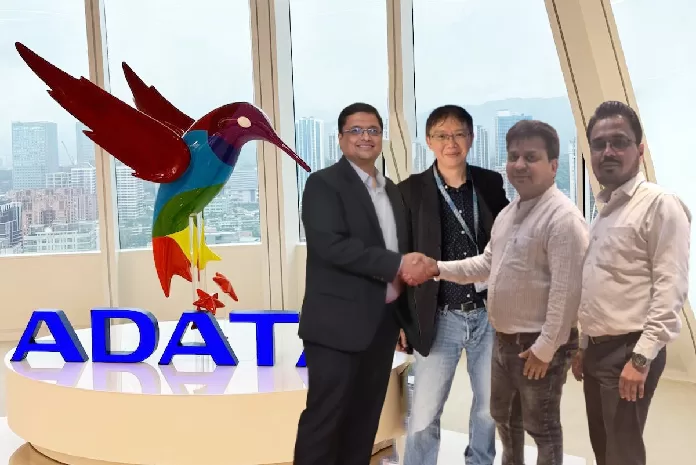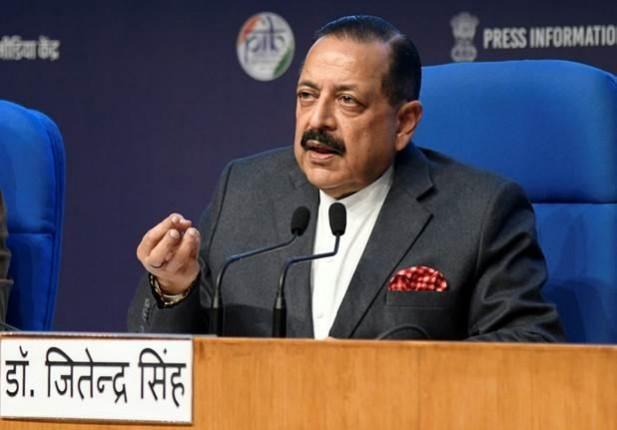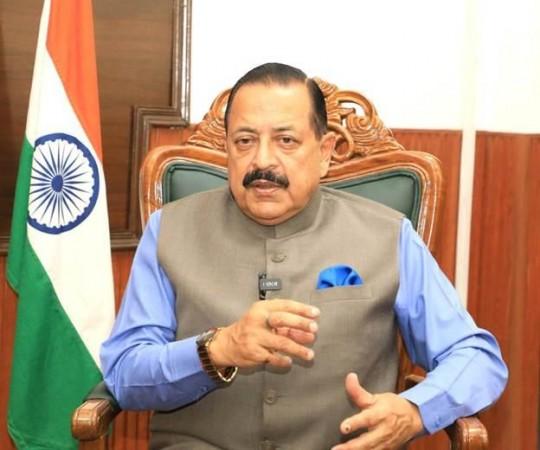Tech Data, and Dell Technologies have signed a Memorandum of Understanding (MoU) to enable the Dell AI Factory in India, a one-stop platform that offers products, solutions and services to accelerate AI adoption across industries.
With this agreement, Tech Data and Dell will establish a Center of Excellence for Dell to showcase use cases and product demonstrations. They will also collaborate with leading Independent Software Vendors (ISVs) to deliver pre-validated, end-to-end AI solutions. These offerings seamlessly combine Dell’s advanced hardware with specialised software, simplifying AI deployments for partners and empowering them to engage customers confidently and address evolving market needs.
Tech Data’s Destination AI™ program will further support partners with training, technical guidance, and pre- and post-sales services, accelerating their AI readiness and driving sustainable business growth.
“We are excited to strengthen our partnership with Dell Technologies and introduce the Dell AI Factory to Channel Partners,” said Sundaresan K., Vice President and Country General Manager, Tech Data Advanced (India) Private Limited. “India’s AI market is expanding rapidly, and Partners are eager to capitalise on the immense opportunities it presents. The Dell AI Factory, combined with our Destination AI™ program, is designed to equip them with the advanced tools and capabilities they need to meet this growing demand and deliver cutting-edge AI solutions to their customers.”
To further strengthen the AI ecosystem, Tech Data will onboard additional ISVs, enhancing the Dell AI Factory with specialised software solutions that complement Dell’s technology. This will ensure greater adaptability to the unique needs of various industries.
“At Dell Technologies, we are committed to driving innovation that simplifies and accelerates technology adoption,” said Vivek Malhotra, Senior Director & General Manager, India Channels, Dell Technologies. “Our collaboration with Tech Data to launch the Center of Excellence in India underscores this commitment, offering channel partners a robust platform to deliver tailored AI solutions seamlessly. By combining our expertise through Dell AI Factory and advanced hardware solutions, we are equipping our partners with the tools and expertise necessary to address diverse industry challenges and unlock new growth opportunities in the AI era.”




